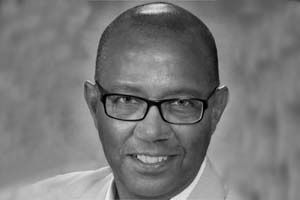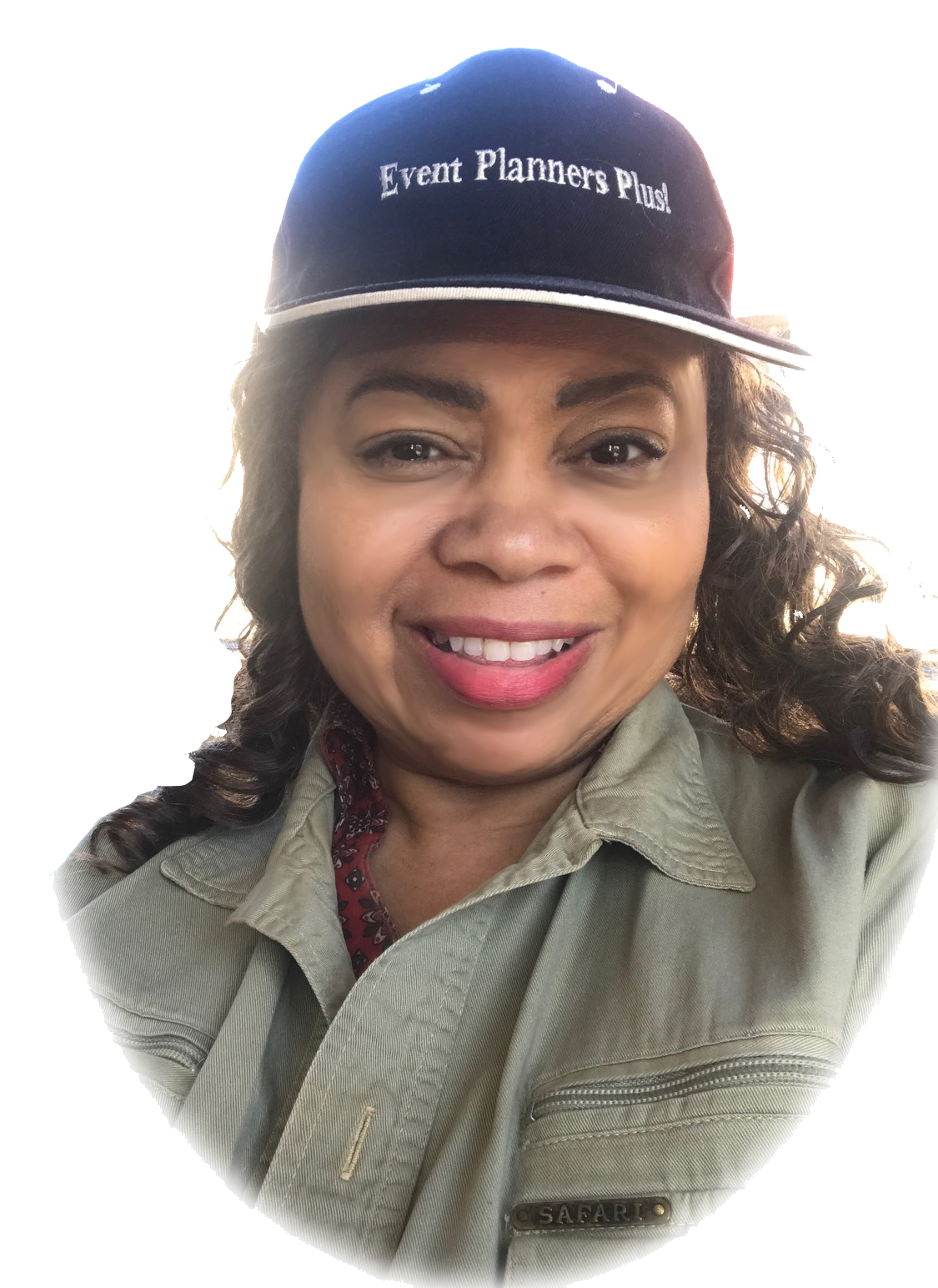As the newly appointed Chairman of the GOLF 20/20 Diversity Task Force, a Golf 20/20 Diversity Initiative which includes the World Golf Foundation, PGA, and the USGA, Dr. Michael Cooper is tasked with uniting golf industry and community-based program leaders around key strategic initiatives that increase diversity and inclusion. Cooper is a businessman, consultant, and educator, who has worked in the golf industry for over 30 years. His role as chairperson began on April 1, 2017 and we asked him to share his thoughts with our AAGD readers.
“It’s humbling that the CEO of the World Golf Foundation has enough confidence in my abilities to designate me as the person to lead such an important golf industry initiative. I’ll put every ounce of energy I have into this assignment, and hope in the near future we will reflect back and say we made a significant contribution to increasing diversity and inclusion.” –Dr. Michael Cooper
How long is your term as Chairperson, GOLF 20/20 Diversity Task Force?
We haven’t discussed how long the term will be. I think we can make a dramatic difference in the next three years, so I’d like to lead the efforts until then.
Who occupied the role before you were appointed by the GOLF 20/20 Diversity Task Force creator and former Chairman Steve Mona?
Steve Mona has occupied the role since he created the task force in 2010. It’s been a role more than an official title, though. So I guess I’m the first to officially hold the title of chairperson. I am honored!
What do you want the GOLF 20/20 Task Force to accomplish in 2017?
My overriding objective is for this group to be a linking agent, helping to connect golf industry leaders and community-based program leaders. There are some terrific female and/or minority-led golf programs already established in communities across America. Some of them have been effectively promoting golf for many, many years. Two examples are the Wake-Robin Golf Club (in DC) and the Chicago Women’s Golf Club. Both organizations serve African American female golfers. They’ve been doing their thing since 1937. This year they celebrate their 80th anniversaries.
I am aware of hundreds more community-based programs. In fact, I have personal relationships with many of the program leaders. We communicate often, and most of the program leaders that I talk to still don’t feel appreciated and accepted by golf industry leaders, yet they press on and continue to serve their constituents. The game of golf and its business could increase diversity and inclusion rather quickly by developing meaningful relationships between industry and community-based program leaders. The image of the game would be greatly enhanced too! I believe this task force can play a major role in bringing the two sides closer together.
What will the GOLF 20/20 Diversity Task Force do to address support for community organizations?
That’s to be determined! Here’s what I do know. About twenty years ago, the USGA introduced the “Good of the Game” grants program. The PGA followed shortly thereafter with the “Growth of the Game” grant. Back then, the small, community-based program I founded received grant dollars from the USGA on 3-4 occasions. I believe the least we received was $2,500 and the most was $25,000. In the span of five years, we grew participation from 500 a year to several thousand. And we grew our annual operating budget from $50,000 to $250,000. So I know first-hand how valuable it can be to partner with an industry giant for funding support, expertise, goods, services, and other necessary resources. They helped us get better.
Those grant programs ceased years ago, and community-based program leaders were left to fend for themselves for survival. Paradoxically, since 2000 nearly every golf industry report you read identifies increasing diversity and inclusion as critical factors in the sustainability and growth of the sport. It’s been identified as a critical factor in changing the image of the game, too, into one that welcomes all.
So it makes sense to me for golf industry leaders and community-based program leaders to join forces, and work closely together to increase diversity and inclusion. I hope this task force can help facilitate and accelerate this union. I don’t think the movement will be effective without resources, however. Not sure (yet) where the resources will come from, but I’m optimistic they will come. Steve Mona and I have discussed this and he is working on it.
Are there some direct expectations that you hope to achieve?
Yes! First, I’ll try to devote full-time attention and energy to the chairperson role. I’ve known Steve Mona since 2008. Since that time we’ve become really close. He is a man of integrity and I have a great deal of respect for him as a person. I have respect for his leadership abilities too. Being CEO of the World Golf Foundation is a big job! Steve has multiple responsibilities including Diversity and Inclusion. He wants to give the initiative more focused attention by appointing me as the Chair of the committee. I hope to step in and accelerate our efforts by giving my undivided attention to the initiative.
Second, I am currently a member of three distinct golf industry committees. Two of them are directly related to diversity and inclusion. The third one is not. Collectively, there are over 70 individuals in these three groups. All of the major golf organizations are represented, as are several female and minority-led community-based organizations. Right now we operate as three separate groups. I hope the two groups specific to D&I can work more like a team, and that we can somehow align the third group, too, towards common D& I goals. I can’t make golf more diverse and inclusive, but they can.
How do you expect the GOLF 20/20 Task Force to address diversity and Inclusion as it relates to golf industry employment?
One of the committees I serve on is focused on employment. Among the members are the HR directors from the leading golf agencies. Since January they’ve made a point to share employment and internship opportunities, and each of us has been tasked with immediately sharing the announcements with our respective networks. I think this is an effective strategy, and I suspect it will continue. I’d also like us to work more closely with HBCU’s and Professional Golf Management programs to identify talented individuals seeking careers in golf, and somehow help them get placed within the golf industry.
Does your leadership of the GOLF 20/20 Task Force include any new initiatives?
Yes, there’s one new initiative that needs attention, and that’s supplier diversity. We have a sub-committee focused on the topic. Most of the major corporations that support golf have had formal supplier diversity and inclusion programs for several years, which differs from the leading organizations in golf. Golf is a multi-billion dollar industry, but very little spend is in minority communities. I hope we can help change that.
As for programs, I don’t think there’s a shortage of golf industry initiatives. I don’t think there’s a shortage of female and minority-led, community-based golf programs either. I do believe there’s a lack of communications and cohesiveness between industry leaders and local programmers. I hope this Task Force can help close the gap. Hopefully, we can shine the light on those already doing great work in the space of diversity and inclusion, and drive resources their way to help them get better at what they do. I’m grateful to have this opportunity and excited about the future!
Contact:
Michael Cooper, Ph.D.
Chairman
Golf 20/20 Diversity Task Force
mcooper2@springfieldcollege.edu


